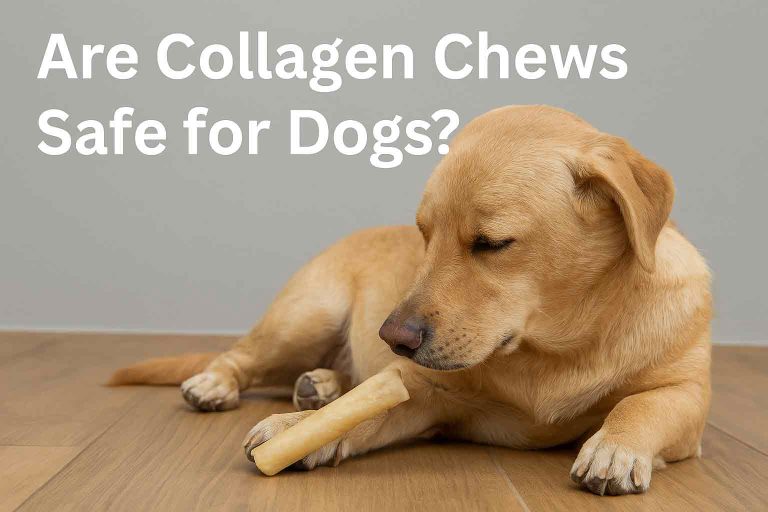Are Egg Shells Good for Dogs?
Introduction
Dog owners are always looking for ways to improve their pet’s diet, and one common question is: Are egg shells good for dogs? Egg shells contain calcium and other beneficial nutrients, but are they safe for canine consumption? In this article, we’ll explore the benefits, risks, and the best ways to feed egg shells to dogs.
Nutritional Benefits of Egg Shells for Dogs
Egg shells are packed with calcium, which plays a vital role in maintaining healthy bones, teeth, and muscles. Here are some key nutrients found in egg shells:
- Calcium carbonate – Essential for bone health and muscle function.
- Magnesium – Supports nerve function and energy production.
- Collagen – Helps with joint and skin health.
- Protein – Contributes to muscle growth and repair.
Calcium and Bone Health
Dogs require adequate calcium intake to maintain strong bones and prevent issues such as osteoporosis or brittle bones. Egg shells are a natural and cost-effective source of calcium, making them an excellent supplement for dogs with calcium deficiencies.
Supports Dental Health
Calcium plays a crucial role in maintaining healthy teeth. Including egg shells in your dog’s diet can help strengthen their teeth and reduce the risk of dental issues.
Improves Joint Health
Egg shells contain small amounts of collagen, which supports joint health. Older dogs, especially those prone to arthritis, may benefit from the added collagen found in egg shells.
Are Egg Shells Safe for Dogs?
While egg shells are rich in calcium and nutrients, they should be prepared properly before feeding them to your dog. Here are a few safety considerations:
- Avoid Raw Egg Shells: Raw egg shells may contain bacteria like salmonella. It’s best to boil or bake them before grinding.
- Grind the Shells: Large, sharp egg shell pieces can pose a choking hazard or cause digestive irritation. Always grind them into a fine powder before adding to your dog’s food.
- Moderation is Key: Too much calcium can lead to health issues such as kidney stones or imbalances in a dog’s diet.
How to Prepare Egg Shells for Dogs
Step 1: Clean the Egg Shells
After using eggs, rinse the shells thoroughly to remove any leftover egg white or yolk.
Step 2: Bake or Boil the Shells
Boil the egg shells for 5 minutes or bake them at 200°F (93°C) for about 10 minutes to kill bacteria.
Step 3: Grind the Shells
Once the shells are dry, grind them into a fine powder using a blender, coffee grinder, or mortar and pestle.
Step 4: Add to Dog’s Food
Sprinkle a small amount of the powdered egg shell onto your dog’s food. Start with about ½ teaspoon per 50 pounds of body weight and adjust as needed.
Potential Risks of Feeding Egg Shells to Dogs
Excess Calcium Intake
Too much calcium can cause skeletal issues in growing puppies and kidney problems in older dogs. Always consult your veterinarian before adding calcium supplements to your dog’s diet.
Digestive Upset
Some dogs may have sensitive stomachs and could experience mild digestive upset when first introduced to egg shells. Start with small amounts to monitor your dog’s reaction.
Allergies or Sensitivities
Although rare, some dogs may have an allergy to eggs, leading to itching, vomiting, or diarrhea. If you notice any unusual reactions, stop feeding egg shells and consult your vet.
Alternatives to Egg Shells for Calcium
If you’re concerned about feeding egg shells, here are some alternative calcium sources for dogs:
- Bone Meal – A natural source of calcium and phosphorus.
- Dairy Products – Small amounts of yogurt or cheese can provide calcium.
- Leafy Greens – Spinach and kale contain calcium but should be fed in moderation.
- Commercial Supplements – Veterinarian-approved calcium supplements are available for dogs with specific dietary needs.
Frequently Asked Questions
Can Puppies Eat Egg Shells?
Puppies need carefully balanced calcium levels for proper growth. Consult a veterinarian before giving egg shells to puppies, as too much calcium can lead to developmental issues.
How Often Can I Feed My Dog Egg Shells?
Egg shells should only be given a few times per week as a supplement, not a daily food source. Over-supplementation can lead to calcium imbalances.
Are Organic Egg Shells Better for Dogs?
Organic egg shells may contain fewer pesticides or chemicals, but both organic and non-organic egg shells provide the same calcium benefits when properly cleaned and prepared.
Conclusion
So, are egg shells good for dogs? Yes, when prepared correctly, egg shells can be a natural and beneficial calcium supplement for dogs. However, moderation is key, and it’s essential to ensure they are properly cleaned, baked, and ground before feeding. If you’re unsure whether egg shells are right for your dog, consult with a veterinarian for personalized dietary advice.
By incorporating egg shells into your dog’s diet safely and in moderation, you can support their bone health, dental health, and overall well-being naturally!







